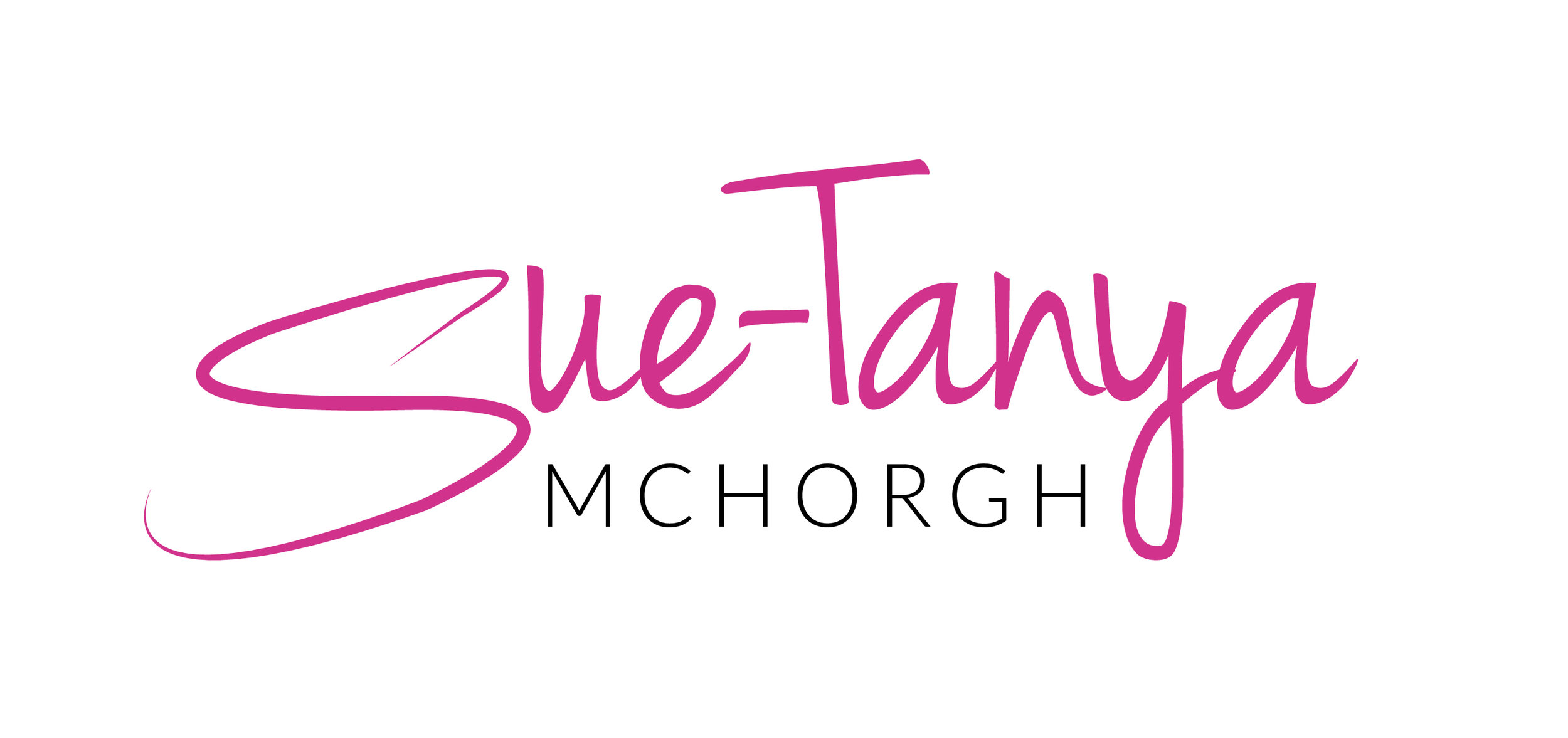5 Ways Your Brand Can Come Under Attack
The reputation of your brand relies on positive comments and feedback. If people start badmouthing you, it can have a harmful impact on your brand – some consumers may lose trust in your company and you could lose out on business.
In the internet age, such criticism is much harder to hide from. While delivering good customer service and trying your best to be ethical can help you to avoid negative criticism, it’s likely that certain people may still find a reason to attack you. In these cases, it’s important to know exactly how to defend yourself from these attacks. Here are just several of the types of people that may attack your brand and how to respond.
Unhappy customers
Customers that are unhappy with your service may leave a negative review online or take to social media to complain. In such cases, it’s important that you respond accordingly to minimise the damage.
Publicly responding could give you a chance to publicly apologise, but you should be careful of not further antagonising the customer. Keep your apology short and sweet – thank them for bringing the complaint to your attention and tell them you’ll look into it. If it’s a major allegation or further action is needed (such as a faulty product needing to be returned), you may want to respond via a private message.
Encouraging positive customer reviews and social media feedback could help to outweigh this negative feedback so that it doesn’t have a long-term impact on your reputation. You can encourage this feedback by asking every happy customer to leave a review.
Unhappy former employees
Unhappy former employees can be a problem too – they may leave negative reviews on sites like Glassdoor or they could take to social media to badmouth you. This could affect your ability to hire future employees.
As with customer reviews, you should take the chance to respond. Stay professional and be careful of antagonising them further. You may want to hire legal advice if it’s a former employee that you know has the potential to take things further.
Meanwhile, encourage your other employees to leave positive reviews and feedback.
Competitive brands
It’s become more common for rival brands to attack one another on social media. This can sometimes take the form of harmless jesting and may be nothing to worry about so long as neither of you cross the line.
An attack on your ethics could be something to take more seriously and you may want to take the time to write a public defending explanation on social media, as well as contacting the company directly.
Media publications
Negative media publicity can be particularly damaging to your brand. This could take the form of a professional review or a news article.
Challenging the media isn’t easy. Your best defence could be to hire a PR agency and focus on encouraging positive media attention to outweigh the negative publicity. There are PR agencies such as Elite Lawyer Management that cater to specific industries. They may know the best angle for you to take.
Online trolls/fake reviewers
Fake negative criticism can be harmful but can be more difficult to deal with – especially if you’re not entirely sure whether it’s fake or genuine.
When it comes to trolls, you have two options: ignore or strike back. Ignoring them tends to be the safer option, but if you feel that the attack is done in jest, you may feel confident enough to attack them back.
As for fake negative reviews, it’s possible that this could be a dirty tactic by a competitor. Such reviews should be ignored and reported. This guide at Evoluted offers more advice on fake reviews.

